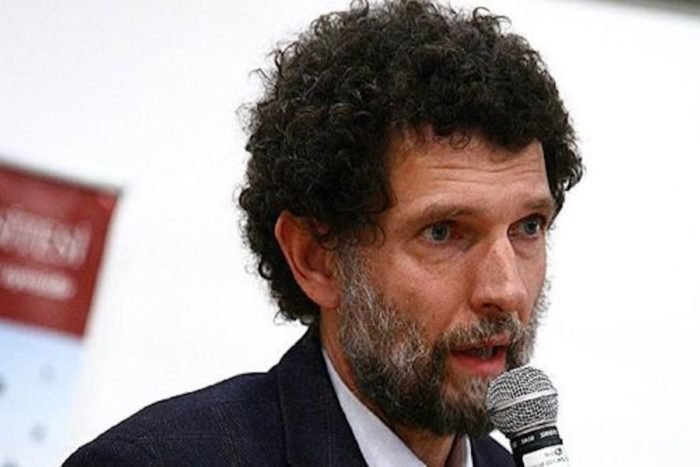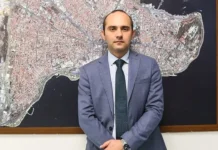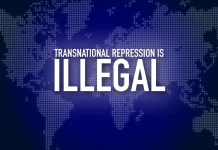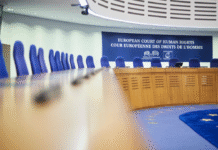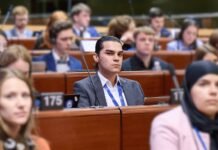The United States on Wednesday called on Turkey to release Osman Kavala, a prominent businessman and philanthropist, after a regional appeals court’s decision to uphold a conviction and aggravated life sentence.
”The United States is deeply troubled and disappointed by a Turkish court’s decision to uphold the conviction of Osman Kavala today. As we have said before, his unjust conviction is inconsistent with respect for human rights and the rule of law,” US Department of State Principal Deputy Spokesperson Vedant Patel said in a press statement.
An İstanbul court on April 25 sentenced Kavala to aggravated life and his co-defendants to 18 years each on charges of financing the anti-government Gezi Park protests.
The April decision of the 13th İstanbul High Criminal Court was appealed by the defendants’ lawyers. After considering the appeal, the 3rd Criminal Chamber of the Istanbul Regional Appeals Court rejected the lawyers’ request on the merits and upheld the convictions.
”We again call on Turkey to release Osman Kavala, in keeping with European Court of Human Rights rulings, as well as to free all others arbitrarily incarcerated. The people of Turkey deserve to exercise their human rights and fundamental freedoms without fear of retribution,” Patel added.
Turkey has refused to release Kavala despite a 2019 European Court of Human Rights (ECtHR) ruling that found his detention was in pursuance of an “ulterior motive,” that of silencing him as a human rights defender. The non-implementation of the ruling prompted the Council of Europe’s (CoE) Committee of Ministers to launch an infringement procedure against Turkey in February, which is still ongoing.
Kavala earlier said in a written interview he gave through his lawyers with the pro-opposition Halk TV that his detention was unlawful and that the Turkish government was still holding him in prison to lend credibility to the Gezi Park case.
Kavala pointed out that his detention violates Article 18 of the European Convention on Human Rights, which concerns limitations on the use of restrictions on rights, although dozens of international organizations and political figures have publicly called for his release. He stated that the aim of his imprisonment is to send a deterrent message to those who have participated in mass protests against the government by sentencing people like him to harsh punishment.
Kavala, who had been behind bars since October 18, 2017, was acquitted in February 2020 of charges of attempting to overthrow the government through involvement in the 2013 Gezi Park protests.
Kavala was rearrested the same day of his release on charges related to a 2016 abortive putsch in Turkey in a move described by his lawyers as a tactic to circumvent the court’s 2019 ruling to free him.

